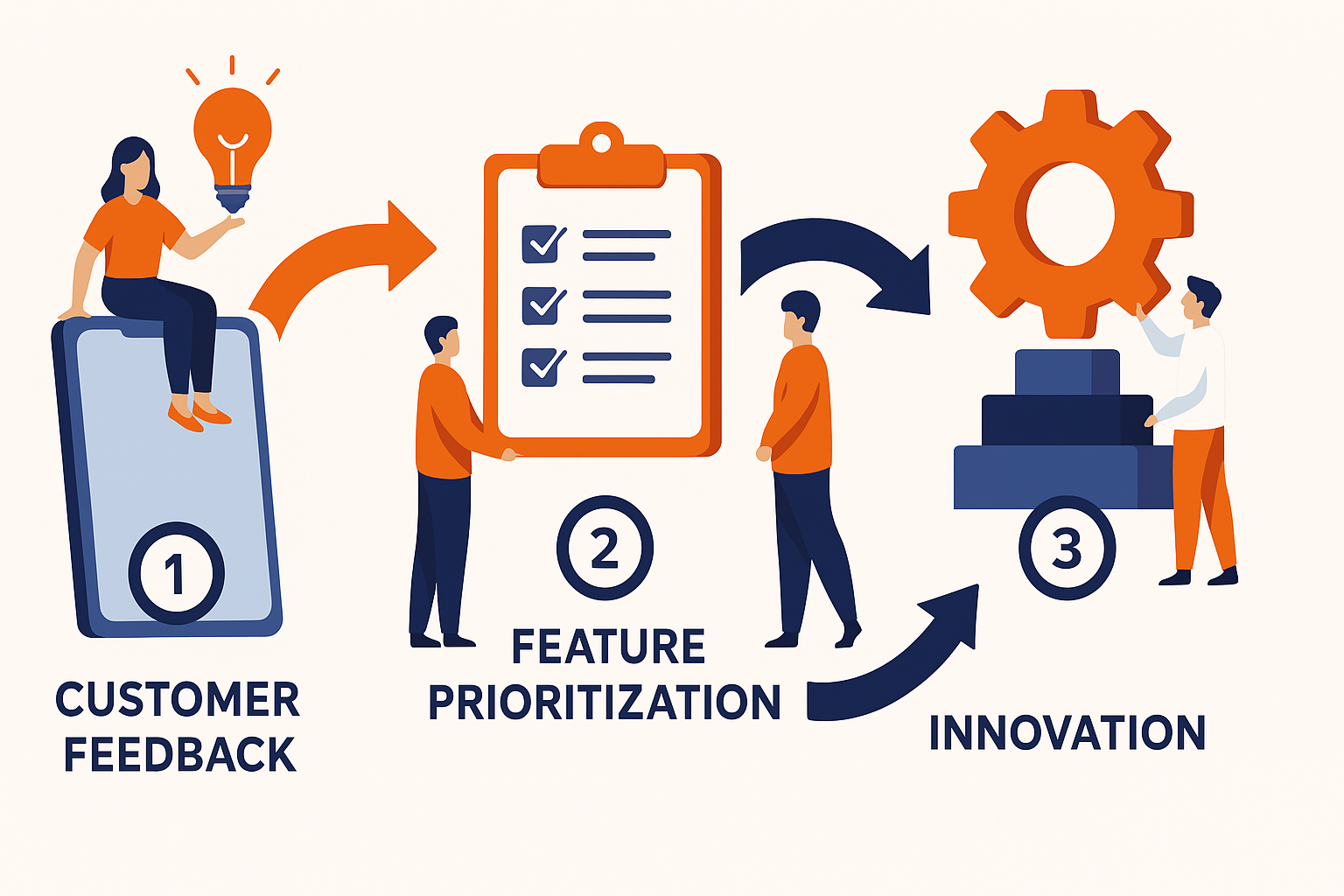The release of a universal set of Foundational Competencies by the AAMC, AACOM, and ACGME represents a transformative step for medical education. These competencies aim to provide a standardized framework for tracking learner progress longitudinally, ensuring institutions align their training programs with the evolving demands of healthcare. This milestone presents an opportunity for medical schools to refine their systems, enhance accountability, and improve outcomes for both learners and educators. This article explores the implications of these new competencies, the benefits of tracking them, how institutions can assess their readiness, and how Medtrics can support the transition to a competency-based framework.
The Implications of the New Competencies for Medical Schools
The introduction of universal Foundational Competencies offers medical schools a standardized approach to tracking and assessing learner progress. This framework serves as a guide for developing well-rounded physicians equipped with the knowledge, skills, and attitudes needed to excel in modern healthcare. It also brings a greater focus on consistency across institutions, providing clear benchmarks for learner success.
For medical schools, these competencies will impact curriculum design, evaluation practices, and institutional reporting. Specifically, they allow institutions to:
- Align their curriculum with national standards, ensuring consistency across institutions.
- Track learner progress comprehensively from undergraduate medical education through graduate medical training.
- Identify gaps in competency development early, enabling targeted interventions.
- Meet accreditation requirements with greater ease through standardized documentation and assessment processes.
The Benefits of Competency Tracking
Competency tracking is more than a requirement—it is a powerful tool for improving medical education. By adopting a competency-based approach, medical schools can foster a culture of accountability and continuous improvement. Tracking competencies provides educators and learners with a clear picture of progress and areas for growth, enabling more targeted interventions and personalized learning experiences.
Some key benefits of competency tracking include:
- Enhanced Accountability: Educators can measure learner performance against clearly defined outcomes, ensuring that students meet expected benchmarks.
- Personalized Feedback: Longitudinal tracking allows educators to provide tailored guidance, helping learners focus on areas needing improvement.
- Streamlined Accreditation: A standardized competency framework simplifies reporting for accrediting bodies like the LCME and ACGME.
- Improved Outcomes: By identifying trends in performance data, schools can refine their curriculum to address common challenges and strengthen overall educational quality.
Competency tracking supports not only institutional goals but also empowers learners to take ownership of their professional development.
Assessing Systems and Processes for Competency Tracking
Transitioning to a competency-based framework requires careful evaluation of existing systems and processes. Institutions must ensure they are equipped to implement the new standards effectively. This includes aligning the curriculum, upgrading evaluation tools, and preparing faculty to embrace competency-based assessments.
To assess readiness for competency tracking, medical schools should evaluate the following areas:
- Curriculum Mapping: Are learning objectives aligned with the new competencies? Schools must ensure that each competency is appropriately integrated into the curriculum.
- Evaluation Tools: Do current tools effectively measure learner progress in a competency-based format? Schools may need to update evaluation methods to reflect the new framework.
- Data Management: Is there a system in place to track and analyze longitudinal performance data? Efficient data management is critical for meaningful competency tracking.
- Faculty Training: Are educators equipped to assess competencies and provide actionable feedback? Training sessions may be needed to familiarize faculty with the new standards.
A thorough assessment of these areas helps institutions identify gaps and prioritize areas for improvement.
How Medtrics Simplifies the Transition to Competency Tracking
Navigating the complexities of competency tracking can be challenging, but platforms like Medtrics make the process seamless. Medtrics is an all-in-one solution designed to address the unique needs of medical education institutions. Its comprehensive tools help streamline evaluation processes, manage data, and track learner progress over time.
Medtrics offers several features that support the transition to competency tracking:
- Customizable Evaluation Tools: Educators can map evaluation questions to specific competencies, customize questions and response formats, and ensure alignment with the new standards.
- Automated Assignment Processes: Medtrics reduces administrative burden by automating the assignment and distribution of evaluations, saving time for educators and staff.
- Comprehensive Tracking: The platform enables institutions to track competency progress across the entire medical education journey, providing clear insights into learner development.
- Data-Driven Insights: Medtrics aggregates and analyzes performance data, helping schools identify trends, address gaps, and refine their curriculum.
By centralizing these functions, Medtrics ensures institutions can adapt to competency tracking with minimal disruption while maximizing efficiency and effectiveness.
Conclusion
The release of universal Foundational Competencies is a pivotal moment for medical education. While the shift to competency-based tracking may seem daunting, the benefits—enhanced accountability, personalized feedback, streamlined accreditation, and improved outcomes—make it an essential step forward.
Medical schools can prepare for this transition by assessing their current systems, addressing gaps, and leveraging technology to support the change. Medtrics offers an intuitive, all-in-one platform that simplifies the process, enabling institutions to implement competency tracking effectively and efficiently.
For medical schools seeking to lead in this new era of education, Medtrics provides the tools, flexibility, and support to make competency tracking a success.

.svg)


.jpg)




